Eight North Carolina clergy, an entire Protestant denomination and several same sex couples seeking to be married filed the country’s first faith-based challenge to same-sex marriage bans claiming North Carolina’s laws blocks them from practicing their religion. In 2012 North Carolina voters approved an amendment to their constitution defining marriage and civil unions as limited to one man and one woman. The lawsuit alleges previous state marriage statutes, when combined with the amendment, impose fines on clergy who bless the wedding of any couple who doesn’t have a valid marriage license issued by state. They further claim this unconstitutionally restricts religious freedom by barring clergy from free exercise of their religion.
![Pagan handfasting, photo credit Cara Schulz]()
Pagan handfastings include gay or straight couples, or groups. photo credit Cara Schulz
Amendment 1 and North Carolina Marriage Laws
North Carolina already had a state law on the books restricting marriage to one man and one woman since 2006. General Statute § 51-1.2 specifically provides: “Marriages, whether created by common law, contracted, or performed outside of North Carolina, between individuals of the same gender are not valid in North Carolina.” Since that law went into effect on June 1, 2006, it has not been challenged in any North Carolina appellate court.
In 2011, after legal challenges in other states overturned similar state laws, the North Carolina House and Senate passed a measure that put an amendment regarding same sex marriage and civil unions on the ballot in the 2012 election.
Marriage between one man and one woman is the only domestic legal union that shall be valid or recognized in this State. This section does not prohibit a private party from entering into contracts with another private party; nor does this section prohibit courts from adjudicating the rights of private parties pursuant to such contracts. - Text of Amendment 1
North Carolina voters approved the amendment to their state constitution by 61% in favor to 39% opposed. The amendment went into effect January 1, 2013.
Lawsuit is Filed on Religious Grounds
On Monday, April 28, a federal lawsuit was filed claiming North Carolina laws and Amendment 1 violate North Carolinian’s free exercise of religion which is protected by the United States Constitution. The General Synod of the United Church of Christ, along with a Lutheran priest, a rabbi, two Unitarian Universalist ministers, a Baptist pastor and several same-sex couples have joined together to file the suit.
In the complaint they claim, “…ministers and others who are authorized to conduct marriages in North Carolina are expressly precluded by State law from performing any ceremony of marriage between same-sex couples, even if their faith and religious beliefs allow them to conduct such ceremonies and recognize those marriages. . . If a minister conducts any marriage ceremony between same-sex couples, he or she is guilty of a crime.”
Violation of Free Exercise of Religion?
Looking at only a very narrow part of the lawsuit, does North Carolina law say what the lawsuit claims? Does North Carolina state law penalize clergy for performing religious ceremonies for same sex couples and is North Carolina state law violating the free exercise of religion by clergy? The short answer appears to be no.
The longer answer requires looking at three sections of the North Carolina General Statutes regarding marriage and how they interact with Amendment 1. It also requires separating out the requirements of a “civil” marriage from a “religious” marriage or ceremony.
North Carolina General Statute § 51-1 is key. It outlines what is needed for something to be considered a marriage or to marry and it requires three parts.
1. A freely consenting male and female person;
2. An ordained minister or other person authorized to perform civil marriages;
3. A declaration statement that the male and female are now are husband and wife.
If all three of those conditions are not met, it is not considered a marriage and the officiant has not married anyone. A religious marriage or ceremony is not defined.
North Carolina General Statute § 51-6 says it is unlawful for a minister to solemnize a marriage between a man and a woman unless they have a valid marriage license: “…No minister, officer, or any other person authorized to solemnize a marriage under the laws of this State shall perform a ceremony of marriage between a man and woman, or shall declare them to be husband and wife, until there is delivered to that person a license for the marriage of the said persons…”
North Carolina General Statute § 51-7 lays out a possible penalty for any person authorized to solemnize a marriage who does so without a valid marriage license: “… shall forfeit and pay two hundred dollars ($200.00) to any person who sues therefore, and shall also be guilty of a Class 1 misdemeanor.” Some confusion arises because statute 51-7 uses the term “couple” in place of “male and female.” The court will look at the surrounding statutes, and Amendment 1, to determine what couple means in this context.
Amendment 1 limits marriage to one male and one female just as state laws continues the clear and consistent language that define a marriage couple as one male and one female. If there is not one male and one female seeking marriage, according to North Carolina state law, there is no marriage taking place. Period. No need to look further. Which means if clergy were performing a religious ceremony for two males, legally this is not a civil marriage taking place. If there is no “civil” marriage taking place, there is no prohibition limiting what religious ceremony clergy can perform. So there is no fine to impose nor is there any prohibition on the exercising of religion by the clergy or participants involved in the religious ceremony. As of this date, there is no pending prosecution of any clergyman in North Carolina for performing a same sex religious ceremony.
This is, remember, only a look at one narrow aspect of the lawsuit and doesn’t address any of the other civil rights and equal protection arguments made in the complaint. If we are to judge by how federal courts are trending, North Carolina’s ban on gay marriage will be struck down by the courts on those wider, civil rights arguments.
Unitarian Universalist Ministers involved in lawsuit
Two of the clergy members signed onto the lawsuit are Rev. Robin Tanner with the Piedmont Unitarian Universalist Church and Rev. Mark Ward with the Unitarian Universalist Church of Asheville. UU churches are where many Pagans find a spiritual home. Asheville area Pagan, Laura LaVoie, has been an intermittent Unitarian for many years and has attended services by Rev. Ward, “Rev. Ward is an intelligent, dynamic individual who is dedicated to his congregation. I was delighted to hear that he added his voice to this challenge. I might have to start going back to church just to support him.”
![Laura LaVoie, near her home in Asheville. photo credit, Laura LaVoie]()
Laura LaVoie, near her home in Asheville. photo credit, Laura LaVoie
Ms. LaVoie says the Asheville area is very different form the rest of Carolina and was called the “Cesspool of Sin” by state senator and Republican Jim Forrester while Amendment 1 was being debated. “We’ve since embraced that title and all that it implies. It is heartening to see clergy members from my very liberal city as well as the more conservative areas of Charlotte and Raleigh come together to challenge the issues brought up by Amendment 1. No one can deny that Amendment 1 was fueled by religious belief so why should it be just one religious point of view that sets the moral standards for an entire state?”
Pagans are such an integral part of Unitarian Univeralist churches, there’s even an organization dedicated to networking Pagan-identified Unitarian Universalists and developing Pagan liturgies and theologies. This organization is called The Covenant of Unitarian Universalist Pagans (CUUPs). Rev. Amy Beltaine, President of CUUPs said she applauds the action of the UCC and UU Ministers in North Carolina, “As a Unitarian Universalist, I am called to affirm and promote all loving, stable families. I believe marriage is about loving couples who want to make a commitment to each other, to be committed to working together to create a shared life that will benefit and bless their families, neighborhoods, communities, and faith communities.
Faith communities should have the freedom to choose who they will marry. I am looking forward to having the freedom to marry same-sex couples. Allowing the freedom to marry for all Americans will give our congregations the freedom to live our beliefs by solemnizing marriages for all couples who love each other and want to take on the responsibilities and commitment of marriage. I was born in North Carolina and would hope that when I am there my freedom to solemnize marriages is not penalized.” Here is a link to Rev. Beltaine’s full statement.
North Carolina Pagan clergy respond
Other North Carolina Pagan clergy agree with Rev. Beltaine. Blake Octavian Blair, a Pagan minister, author, and North Carolina resident, says,”North Carolina’s Amendment 1 made state law the denial of equal marriage rights, protections, and recognition and relegates our relationships and marriages to less than equal status. Many push off or downplay the issue by saying, “Give it time, things will change, it is happening…,” while GLBT residents remain in a state of inequality. I have always rejected this complacent approach and feel that the time for equality is always now. I feel we need to support our progressive allies who wish to come together in an interfaith effort, as humanitarians, to fight discrimination in these arenas of Civil and Human Rights. For in these arenas, we are practitioners of different faiths but we have common goals.”
While North Carolina native Rev. Byron Ballard of the Mother Grove Goddess Temple, has a slightly different view of what marriage equality looks like from a Pagan perspective, “The default setting for most things in this country is Christian, or perhaps “Abrahamic.” Marriage is no exception. As we work to broaden its definition to include couples of the same gender, it’s important to remember that we are tinkering around the edges of the same property laws that “traditional marriage” is based on. We aren’t talking about the year-and-a-day commitment called “handfasting” and we aren’t talking about bonding contracts that recognize more than two people. The notion that “marriage equality” will ultimately lead to a more generous view of human bonding arrangements–one that includes a more Pagan worldview–is a long shot, at best. This is certainly a First Amendment/religious freedom issue and I hope the Pagan community is paying attention, getting involved and thinking about its own needs in the pluralism that marks the American spiritual scene.”
This lawsuit is one of three on North Carolina marriage law currently winding its way through the federal courts. Its not clear if any of the three will ever have their day in court. In two weeks a case out of Virginia is scheduled to go before the Fourth Circuit Court of Appeals. The case concerns Virginia’s same-sex marriage ban and if it is struck down, that would affect bans in West Virginia and North and South Carolina.
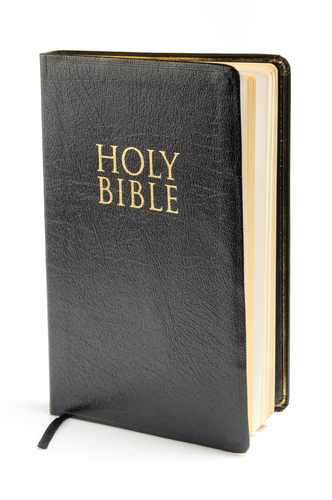
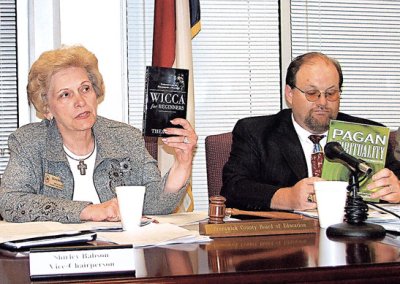

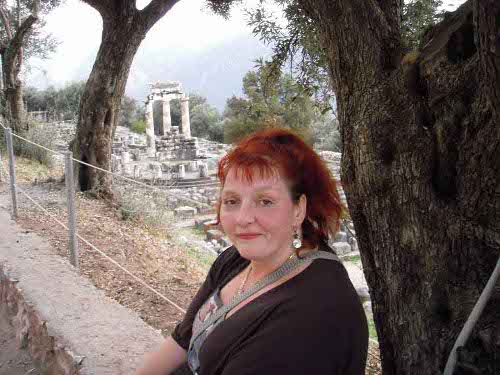







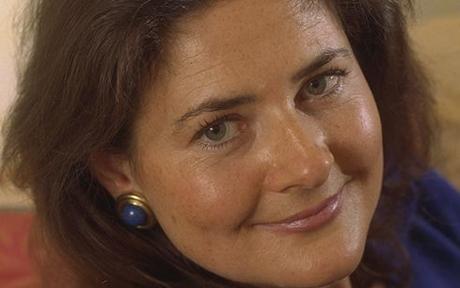

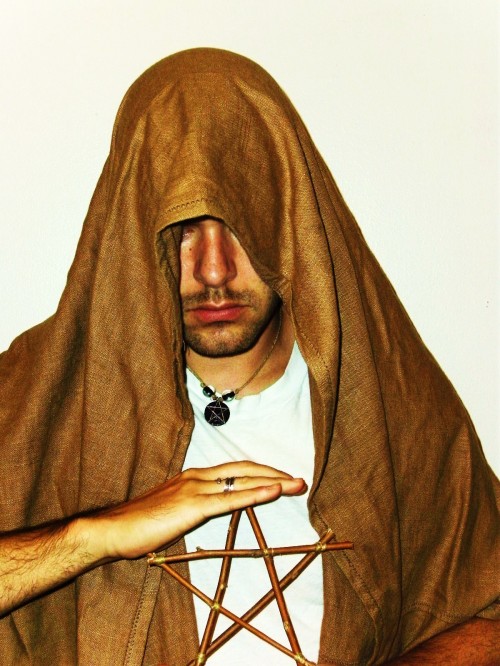



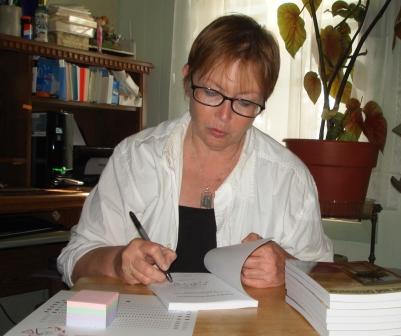

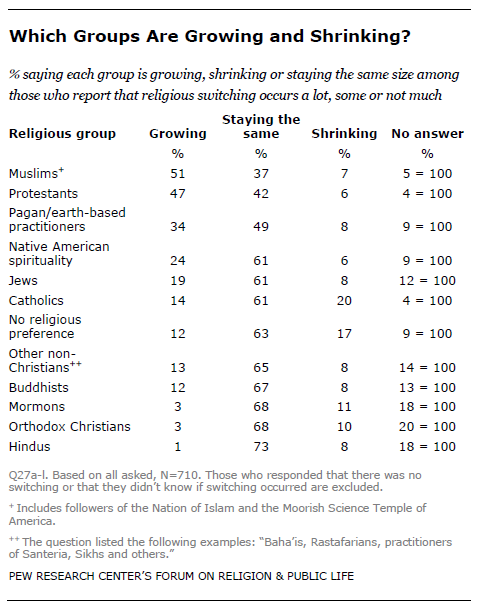

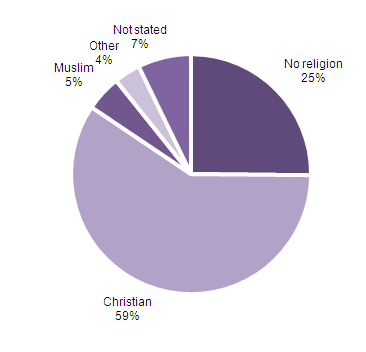

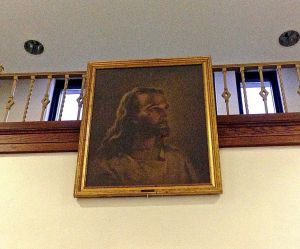
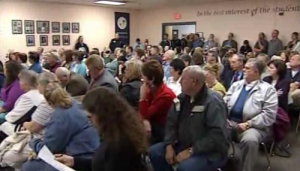
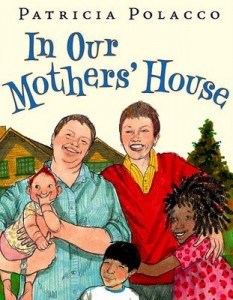






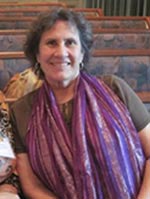
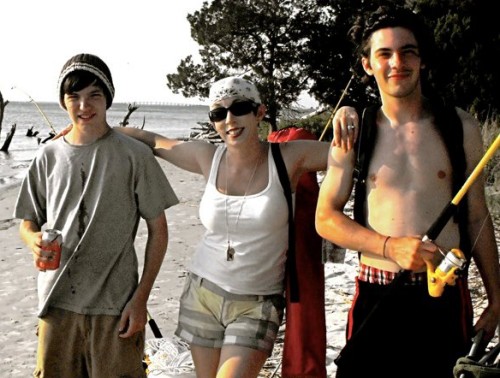
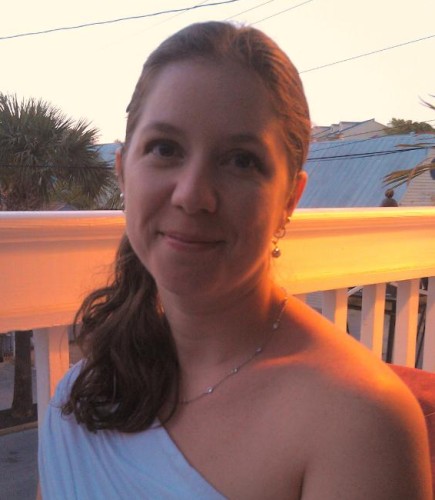



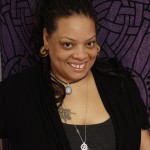






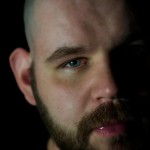














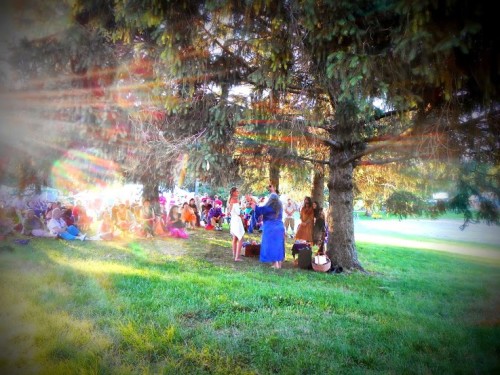
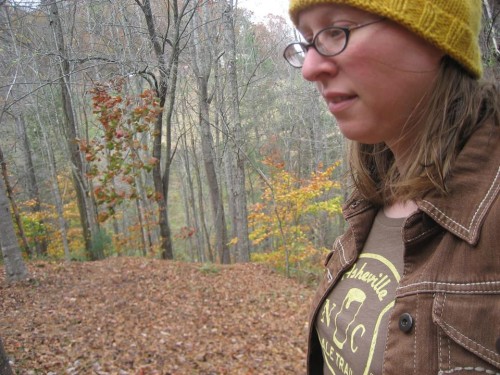
![[Photo Credit: Bradley P. Johnson/Flickr]](http://wildhunt.org/wp-content/uploads/2014/05/1024px-Wicked_oriental_theater_in_chicago_-500x333.jpg)
![[Photo Credit: BullyBust.org]](http://wildhunt.org/wp-content/uploads/2014/05/art7583widea.jpg)

![[Public Domain Photo]](http://wildhunt.org/wp-content/uploads/2014/05/flag-75047_640-500x262.jpg)
![[Photo Credit: Flickr's Liz cc-lic]](http://wildhunt.org/wp-content/uploads/2014/04/Elementary_classroom_in_Alaska-500x375.jpg)








